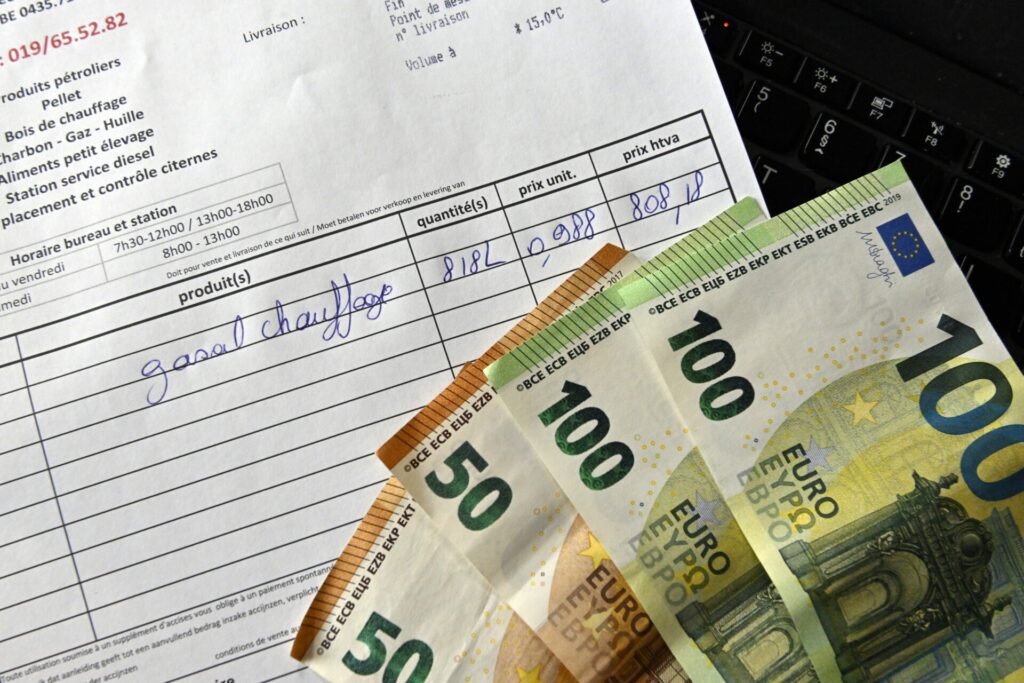The federal government agreed on Monday in a select committee to approve a reform aimed at reining in energy prices.
The reform, proposed by Finance Minister Vincent Van Peteghem, entails the changeover from a provisional 6% VAT regime for natural gas and electricity to a definitive regime based on a so-called 'intelligent' reform of the excise duties on the same products in order to take better account of their evolution.
The reform will enter into force on 1 April.
Should wholesale prices increase beyond €100/MWh for gas, according to the TTF index - the main one used on the European market - and/or €250/MWh for electricity, according to the Endex index - which is based on the average of daily quotations for electricity supply - the arrangements will be reassessed to protect the consumer.
Increased excise duty for heavy energy consumers
Because of its general nature, the 6% VAT reduction entails a considerable loss of revenue for public finances. It will therefore be counterbalanced by a modulation of excise duties, a taxation method that makes it much easier to take into account changes in energy prices, both upwards and downwards, and in consumption.
A distinction will be made between basic consumption, to which a protection mechanism will be linked, and ‘additional’ consumption. In this way, the government will encourage more economical energy use.
With regard to gas in particular, if prices were to fall to a very low level, the excise duty on additional consumption would increase. “This is how we support the energy transition,” Minister Van Peteghem commented.
The social tariff, which had been extended with the Covid-19 crisis, will gradually return to its normal terms. Consumers with a BIM profile - those benefiting from increased intervention, particularly in health care - will still benefit from 75% of the social tariff in the second quarter of 2023 and 25% in the third quarter before being phased out in the fourth quarter.
Significant reduction of households' energy bill
If prices were to rise above the level of €100/MWh for gas or €250/MWh for electricity, the government would also reassess the reintroduction of the social tariff for people with BIM profiles.
“The anchoring of VAT at 6%, combined with the smart excise reform, results in a significant reduction of the bill for households and single persons compared to the standard VAT rate of 21%. On an annual basis, this amounts to a support of about €300 per year at current price levels,” the minister said. “By reforming excise duty on energy bills, we are ensuring that more VAT revenue for the state is immediately passed on to people’s energy bills and we are ensuring a predictable tax contribution on the bill. This provides security and is efficient and fair.”
As announced by Energy Minister Tinne Van der Straeten and State Secretary for Consumer Protection Alexia Bertrand in the House on Thursday, energy suppliers will also be “enjoined” to take steps to bring the advance payment bills of some customers in line with current prices.
Some customers’ instalments have been increased, sometimes exorbitantly, while prices, after soaring, have since fallen.
.

